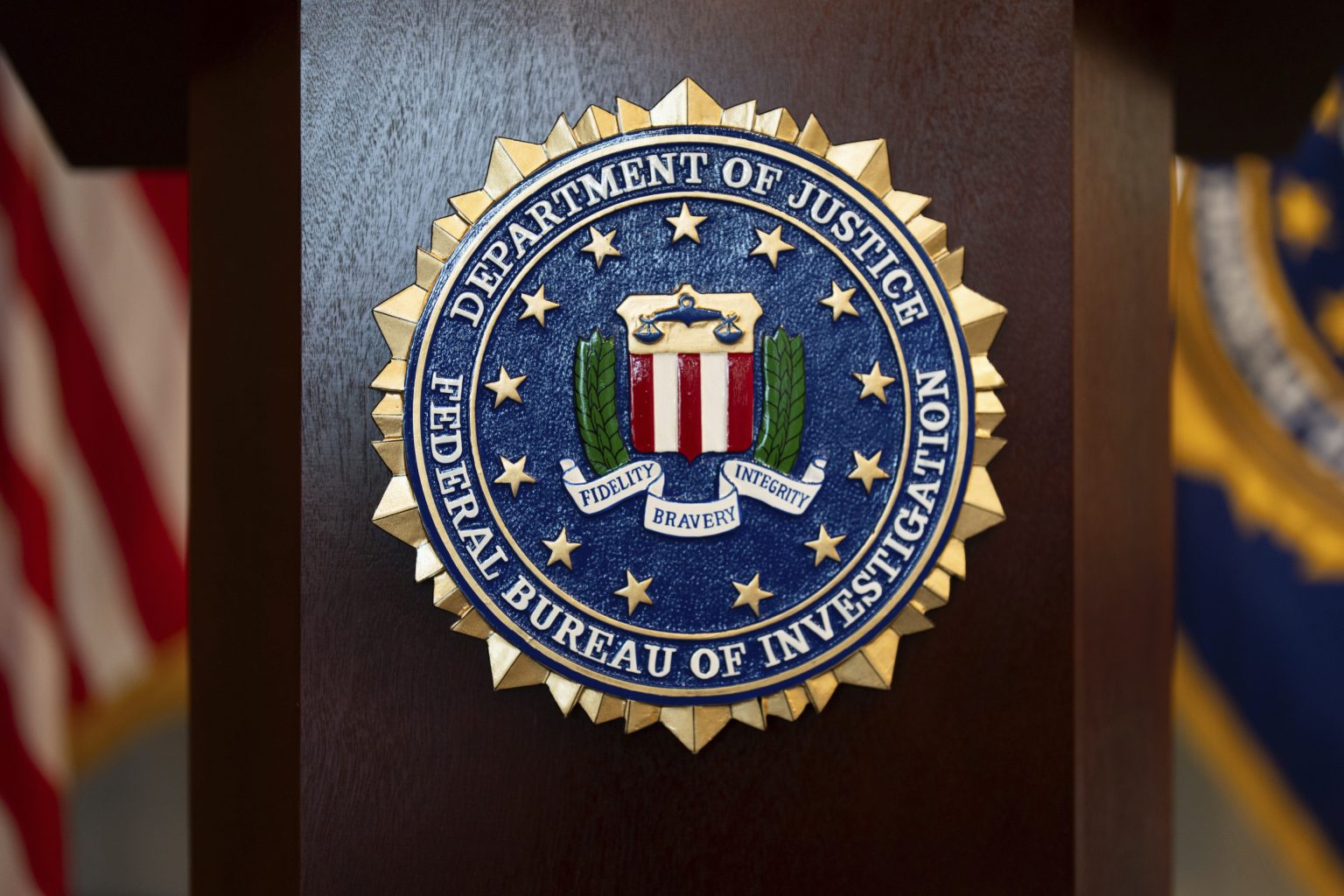Major Chinese Hacking Campaign Threatens U.S. Security Amid Rising Tensions
In a significant development that underscores the escalating cyber warfare between global powers, the FBI and other international law enforcement agencies have issued a stark warning about an extensive Chinese hacking operation. According to a comprehensive 37-page advisory released by the FBI, in collaboration with the Five Eyes intelligence alliance and various global agencies, a hacking group with direct ties to the Chinese government has successfully infiltrated 200 American organizations and expanded its reach to 80 countries worldwide. This massive security breach, codenamed “Salt Typhoon,” has potentially provided China with unprecedented access to sensitive American information at a time when relations between the two superpowers are already strained by trade disputes and geopolitical rivalries. While Beijing has consistently denied involvement in such cyber operations and suggested that the U.S. and its allies engage in similar activities, the scale and sophistication of this attack have raised serious concerns among security experts and policymakers alike.
The advisory provides alarming details about the extent of the breach, revealing that the hackers successfully accessed call records and law enforcement directives from communication carriers and targeted politicians across party lines. Perhaps most concerning is the revelation that the operation had previously penetrated nine major U.S. telecommunications companies, including industry giants AT&T and Verizon, in the past year. The operation, which has been active since 2021, allegedly involves three private companies working in concert with state-backed hackers. Their targets extend beyond telecommunications to include transportation networks, military systems, and lodging networks worldwide, creating a vast intelligence-gathering apparatus that significantly enhances China’s global espionage capabilities. This campaign represents not just a technical breach but a sophisticated strategic effort to gain informational advantage in what many analysts see as an emerging new cold war.
This latest cyber incursion follows a troubling pattern of escalating digital threats from China. Earlier this year, the FBI disclosed details of another Chinese hacking operation known as “Mustang Panda,” which compromised computer systems in 170 countries. Additionally, the U.S.-China Economic and Security Review Commission reported in July that Asian scam centers, some with apparent backing from the Chinese government, are defrauding American citizens of billions of dollars annually. These repeated incidents paint a picture of a comprehensive, multi-faceted cyber campaign that targets not only government and corporate entities but also ordinary citizens, suggesting a broad strategy to undermine American security and economic interests through digital means. The persistence and evolution of these attacks indicate a long-term commitment to cyber operations as a key component of China’s foreign policy toolkit.
The timing of this revelation adds another layer of complexity to an already fraught relationship between Washington and Beijing. Kyle Haynes, an associate professor at Purdue University’s Department of Political Science, told Newsweek, “Cyberattacks between China and the U.S. are not uncommon, though this one is of course on a much larger scale than normal. This news does come, however, at a particularly fraught time for U.S.-China relations. The Trump administration is constantly going back and forth on tariffs toward China, and anything that increases bilateral tensions might have big implications for economic policy going forward. It wouldn’t surprise me at all if this complicates negotiations over tariff rates over the next few months.” The discovery of this extensive hacking operation could potentially derail delicate trade negotiations and further entrench the distrust between the two economic giants, making cooperation on global issues even more challenging.
The American response to this breach has been measured but firm. FBI Assistant Director Brett Leatherman emphasized the fundamental differences in approach between the U.S. and China, stating to The Washington Post, “It is inconceivable the U.S. would ask a private company to hack Xi’s phone,” referring to Chinese President Xi Jinping. This statement highlights the ongoing contention between the two nations regarding the ethical boundaries of cyber operations and state involvement in digital espionage. While the U.S. acknowledges its own cyber capabilities, officials maintain that American operations are conducted within a framework of legal authorization and oversight that distinguishes them from what they characterize as China’s more indiscriminate approach. This distinction, whether accepted internationally or not, forms a critical part of the narrative that shapes the diplomatic response to such incidents.
Looking ahead, experts predict that the cyber domain will remain a critical battleground in the increasingly competitive relationship between the United States and China. As President Trump begins his second term, tensions with Beijing are expected to persist or even intensify, particularly as China continues its military modernization and pursues a more assertive posture in the Asia-Pacific region. The Salt Typhoon operation represents not just a security incident but a symptom of deeper strategic competition that will likely define international relations for years to come. Both nations are investing heavily in offensive and defensive cyber capabilities, recognizing that digital supremacy may be as important in the 21st century as nuclear deterrence was in the 20th. For ordinary citizens, businesses, and government agencies alike, this new reality means adapting to a world where cybersecurity is not just a technical concern but a fundamental aspect of national security that affects everyday life in increasingly tangible ways.













